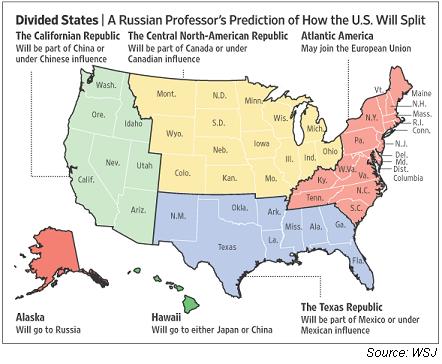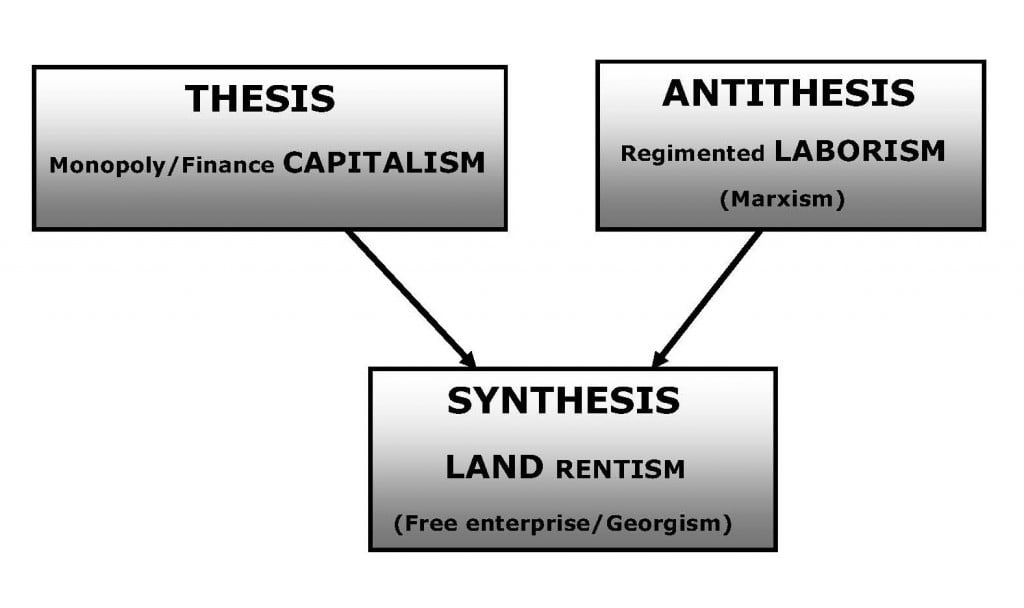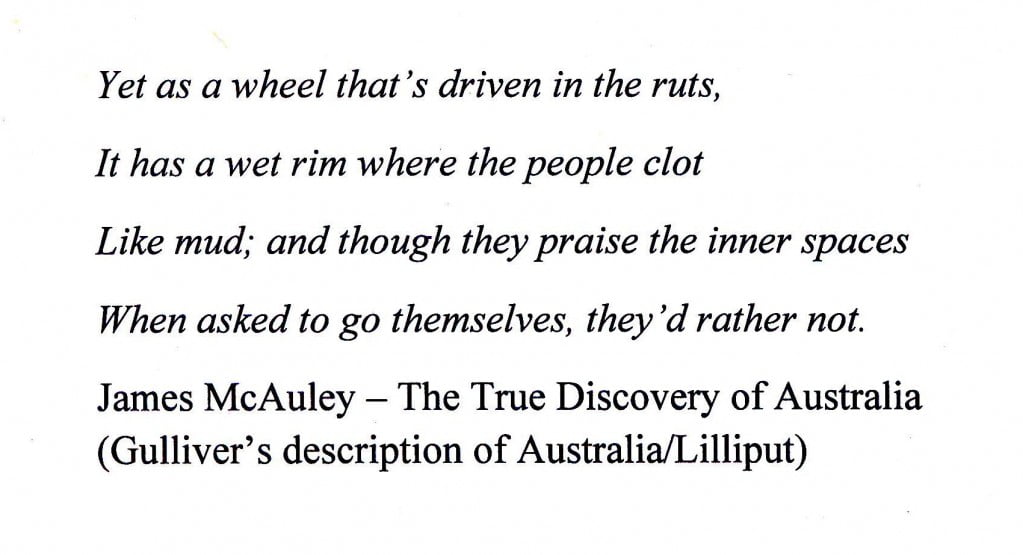
FOR WHOM ARE WE VOTING ON AUGUST 21st?
Well, if you put aside all the BS, namely, that the ALP represents working people (maybe it once did) and that the Liberal party is more economically responsible (yeah, that’s why it allowed the real estate bubble to develop from 1997 to 2007 without the blinking of an eye), what’s the real choice?
Not much, because most people are by habit welded to one or other of the major parties. Their party is their hero, so, blinded to their own party’s incompetence, they have visions of clarity about each and every one of the foibles of the foe.
Bob Brown? The Greens? Well, at least they saw through the bunkum put up by the self-serving case of the mining magnates against the Resource Super Profits Tax.
It’s hard to say whether or not Julia Gillard saw through their nonsense, too, or believed that as the public hasn’t been educated enough to the benefits of resource rents as compared to taxes, she’d better cave in and drop the effective rate of resource rent from Rudd’s 40% of net profit to 22.5%.
Tony Abbott might have won two blues for boxing at Oxford, but didn’t learn the difference between a resource rent (“a big new tax”) and a tax, so he’s going to remove what’s left of the federal mining rent if the Liberals win government.
The Democrats? They’re no longer represented at all in the federal parliament. And yet they’re the only party whose constitution calls for land value capture at all three levels of government.
The peak of Australian Democrats’ power was in 1990 when their leader, former Senator Janine Haines, polled 26.4% of the vote when she stood for the lower house South Australian federal seat of Kingston.
Haines was an admirable leader who, instead of kow-towing to polls, preferred to speak her mind. As the real estate bubble topped out in 1989, she mentioned that maybe there was a case for the reintroduction of the federal land tax if Australia was to keep a lid on damaging real estate speculation.
Well! … thank you very much, said the Liberal and Labor parties: “She’s after your home!”, they screamed in unison, and shamelessly shared preferences in an unholy alliance to defeat her.
To have achieved 26.4% of the vote in this House of Representatives’ seat was remarkable in these circumstances, given the welter of propaganda, lies, chicanery and spite levelled by the two major parties against one of Australia’s best ever politicians.
Labor’s Gordon Bilney went on to win the seat of Kingston as the Hawke government was returned to power.
There’s a postscript. On 29 November 1990, federal treasurer Paul Keating announced “This is the recession Australia had to have”, but he might well have added: “because we failed abysmally to institute a federal land tax, as Janine Haines proposed, if we wish to stop real estate bubbles from forming.” To this day, Keating has never demonstrated any understanding of natural resource rents.
Election time’s here and shallow humbug’s in the air again. I don’t know for whom I’ll vote, but I do know that it’s impossible to understand world events, history, or even the collapse of empires, until the devastation wrought by taxation and the private capture of publicly-generated land rent is understood.
Although Professor Michael Hudson is undoubtedly the authority here, I have elsewhere touched upon rent’s role in the cause of WWI and WWII, respectively. It’s chilling that failing speculative economic regimes seem to be slowly but surely directing us towards WW III.
TWO VISITORS
Popular British historian, Niall Ferguson couldn’t see beyond debt in an otherwise good article “Decline and fall of the US” in THE AGE today (29/7). He was unable to make the connection between impossible debt levels and the privatisation of the public’s land rents.
At the same time as Ferguson, Nobel prize-winner and former World Bank chief economist Joseph Stiglitz is also visiting Australian shores.
Noted author and journalist Greg Palast provides the following insights into Stiglitz that demonstrate Stiglitz has progressed further down the track in his comprehension of the role of economic rent than Niall Ferguson:-
(Palast) So then I turned on Stiglitz. “OK, Mr Smart-Guy Professor, how would you help developing nations?” Stiglitz proposed radical land reform, an attack at the heart of ‘landlordism’, on the usurious rents charged by the propertied oligarchies worldwide, typically 50 per cent of a tenant’s crops. So I had to ask the professor: “As you were top economist at the World Bank, why didn’t the Bank follow your advice?”
“If you challenge [land ownership], that would be a change in the power of the elites. That’s not high on their agenda.”
In THE AGE today Stiglitz also demonstrated what should constitute the basis for a fair mining rent: “You need to have a well-designed competitive auction to have different companies compete so that companies get the necessary returns to do the investment – but the surplus goes to the Australian people.”
In the absence of another Janine Haines, or our own Joseph Stiglitz or Michael Hudson, this election is already a crock.
 LIGHT AT THE END OF THE TUNNEL OR A FREIGHT TRAIN COMING?
LIGHT AT THE END OF THE TUNNEL OR A FREIGHT TRAIN COMING?  A STRANGE REPAST
A STRANGE REPAST


 THE WORLD’S GREATEST HOAX
THE WORLD’S GREATEST HOAX

